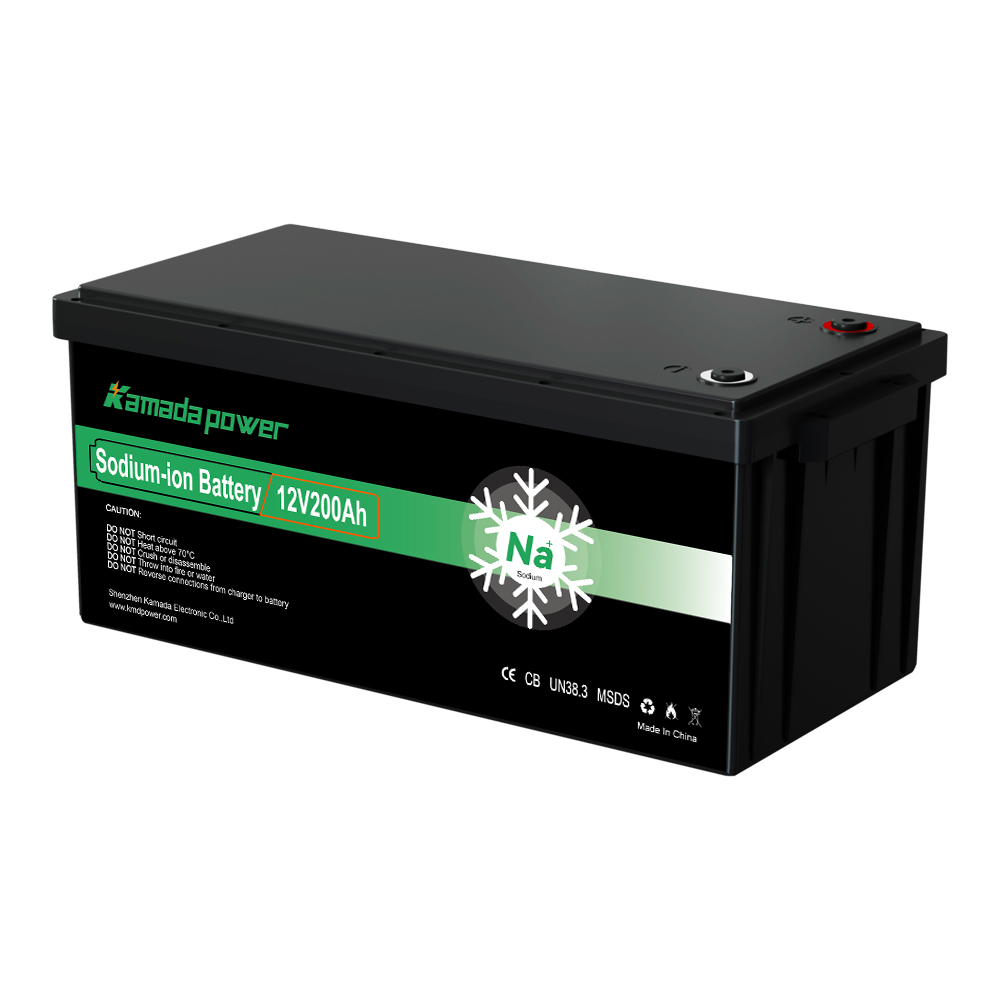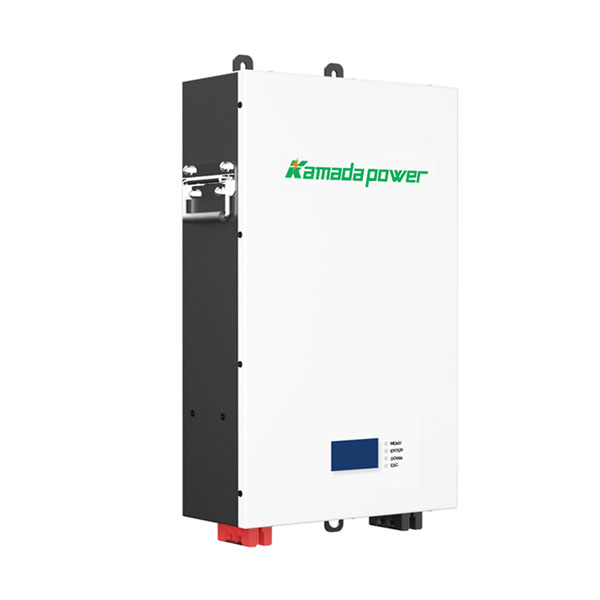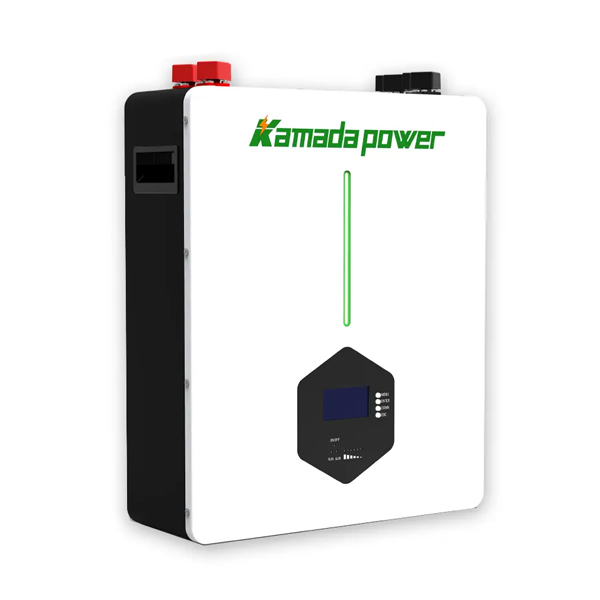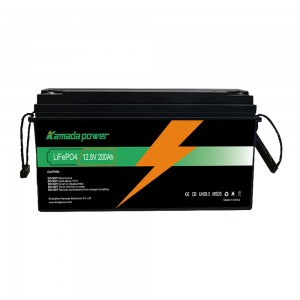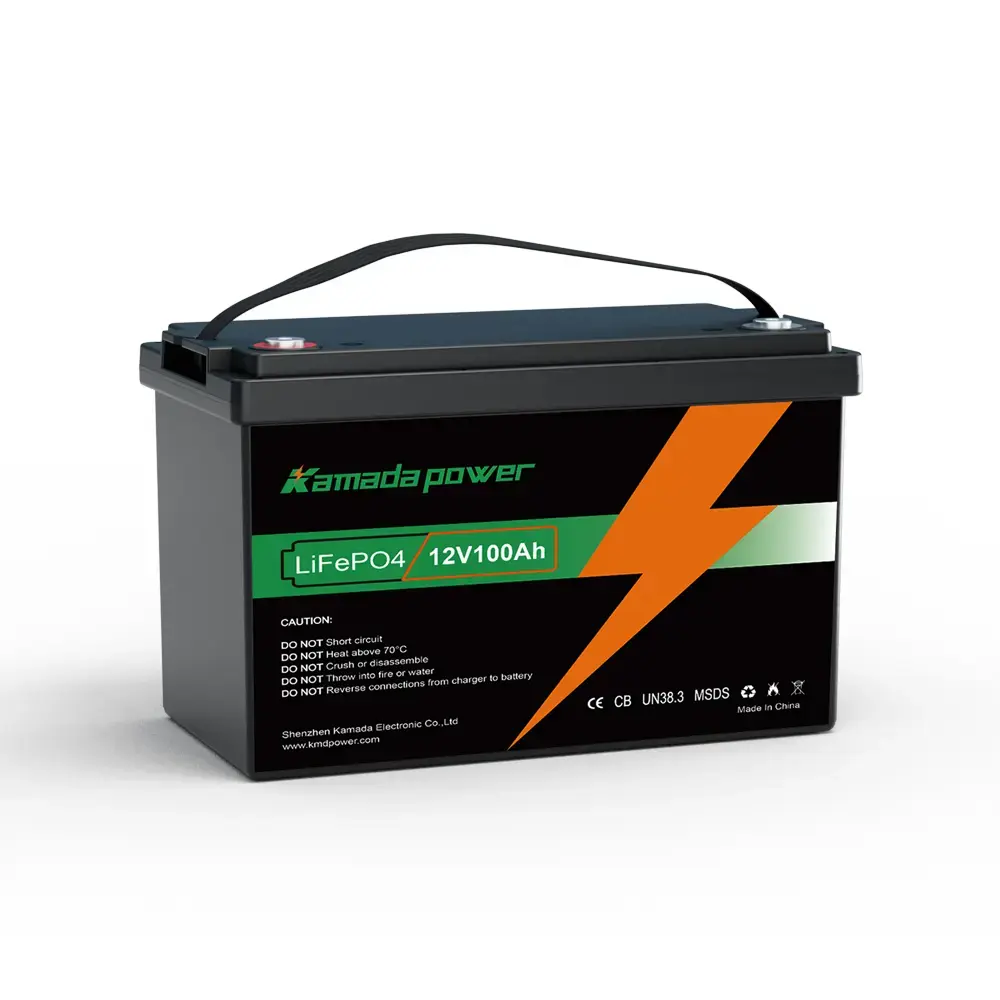what’s the difference between 48v and 51.2v golf cart batteries?When it comes to selecting the right battery for your golf cart, the 48V and 51.2V options are two common choices. The difference in voltage can significantly affect performance, efficiency, and overall range. In this guide, we’ll take a deep dive into the distinctions between these two battery types and offer some tips to help you make a more informed decision.
1. Voltage Difference: Understanding the Basics
- 48V Golf Cart Battery: The 48V Golf Cart Battery is the standard voltage for most traditional golf carts. Typically made by connecting multiple 12V or 8V batteries in series, these offer reliable power for everyday use. If you have a basic or mid-range golf cart, the 48V Golf Cart Battery will meet your general power needs without issue.
- 51.2V Golf Cart Battery: The 51.2V Golf Cart Battery, on the other hand, delivers slightly higher voltage. Often built with lithium technology (such as LiFePO4), these batteries offer a higher energy density, meaning they can store more energy in the same size and weight. This makes them ideal for high-performance golf carts, particularly for those that need to run longer or handle heavier loads.
2. Energy Output and Range: Which One Performs Better?
- 48V Golf Cart Battery: While the 48V Golf Cart Battery suits most regular golf carts, its energy capacity tends to be on the lower side. As a result, the range might be more limited. If you’re frequently driving your cart for long periods or across rough terrains, the 48V Golf Cart Battery might not hold up as well as the 51.2V Golf Cart Battery.
- 51.2V Golf Cart Battery: Thanks to its higher voltage, the 51.2V Golf Cart Battery provides a stronger energy output and longer range. Even when navigating difficult terrain or requiring higher power for extended periods, the 51.2V Golf Cart Battery delivers better performance without compromising on longevity.
3. Charging Time: The Perks of Higher Voltage
- 48V Golf Cart Battery: The 48V system is made up of multiple cells, which often results in longer charging times. Charging speed is limited by both the power of the charger and the capacity of the battery, meaning it can take several hours to fully charge.
- 51.2V Golf Cart Battery: With fewer cells and a higher voltage, the 51.2V Golf Cart Battery generally charges more efficiently, meaning shorter charging times. Even with the same charger power, the 51.2V Golf Cart Battery typically charges faster.
4. Efficiency and Performance: The Higher Voltage Advantage
- 48V Golf Cart Battery: The 48V Golf Cart Battery is efficient for everyday use, but when it’s close to being drained, performance can suffer. On inclines or when under load, the battery might struggle to maintain a consistent power output.
- 51.2V Golf Cart Battery: The higher voltage of the 51.2V Golf Cart Battery allows it to provide a more stable and powerful output under heavy load. For golf carts that need to navigate steep hills or tough terrains, the 51.2V Golf Cart Battery offers superior performance.
5. Cost and Compatibility: Balancing Budget and Requirements
- 48V Golf Cart Battery: More commonly found and less expensive, the 48V Golf Cart Battery is ideal for users on a budget. It works well for most standard golf carts and is compatible with a wide range of models.
- 51.2V Golf Cart Battery: Due to its advanced lithium technology and higher voltage, the 51.2V Golf Cart Battery comes at a higher price point. However, for golf carts with higher performance requirements (such as commercial models or those used in rugged terrain), the added cost is a worthwhile investment, especially for its extended lifespan and better performance.
6. Maintenance and Lifespan: Less Hassle, Longer Life
- 48V Golf Cart Battery: Many 48V systems still use lead-acid technology, which, while cost-effective, has a shorter lifespan (usually 3-5 years). These batteries require regular maintenance, such as checking electrolyte levels and ensuring the terminals are corrosion-free.
- 51.2V Golf Cart Battery: Lithium batteries like the 51.2V option use more advanced chemistry, offering a longer lifespan (typically 8-10 years) with far less maintenance. They also handle temperature fluctuations better and maintain consistent performance over time.
7. Choosing the Right Battery: Which One Suits Your Needs?
- If you’re looking for a basic, budget-friendly solution for daily use, the 48V Golf Cart Battery is more than sufficient for most standard golf carts. It’s an affordable choice that provides reliable performance for regular short trips.
- If you need longer range, quicker charging, and more robust power for high-performance needs (like frequent use in challenging terrain or commercial carts), the 51.2V Golf Cart Battery is a better fit. It’s designed to handle heavier loads and keep running longer without compromising power.
Conclusion
what’s the difference between 48v and 51.2v golf cart batteries?Choosing between a 48V and 51.2V golf cart battery really comes down to your specific usage, budget, and performance expectations. By understanding their differences and considering how you plan to use your golf cart, you can make the best decision to ensure your cart delivers optimal performance and range.
At Kamada Power, we specialize in designing and manufacturing high-performance, custom batteries for golf carts. Whether you’re looking for a 48V or 51.2V option, we tailor each battery to your specific needs for longer-lasting power and better performance. Reach out to our team today for a free consultation and quote—let us help you get the most out of your golf cart!
Click here to contact kamada power and get started on your custom golf cart battery today!


